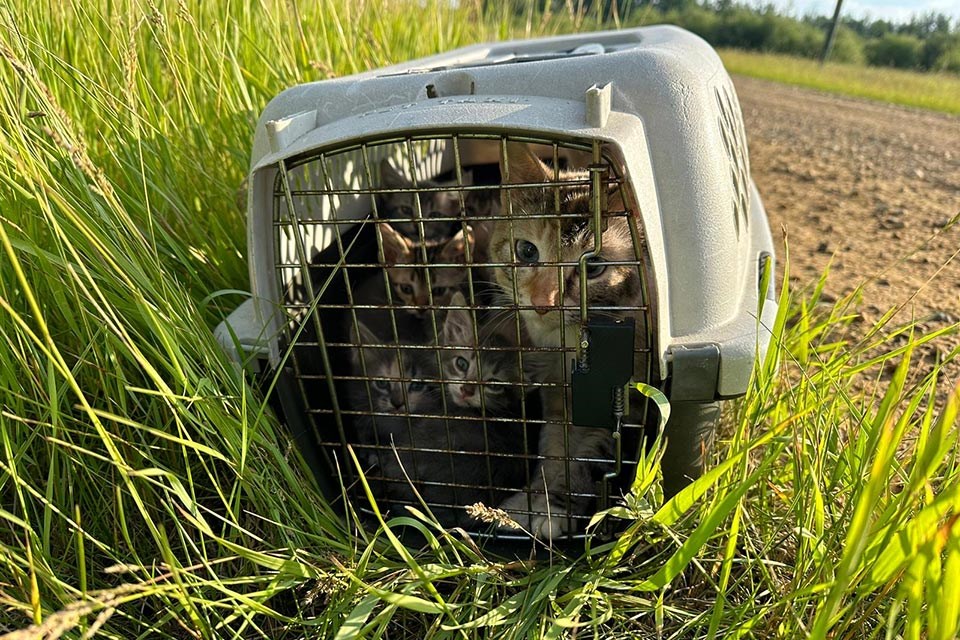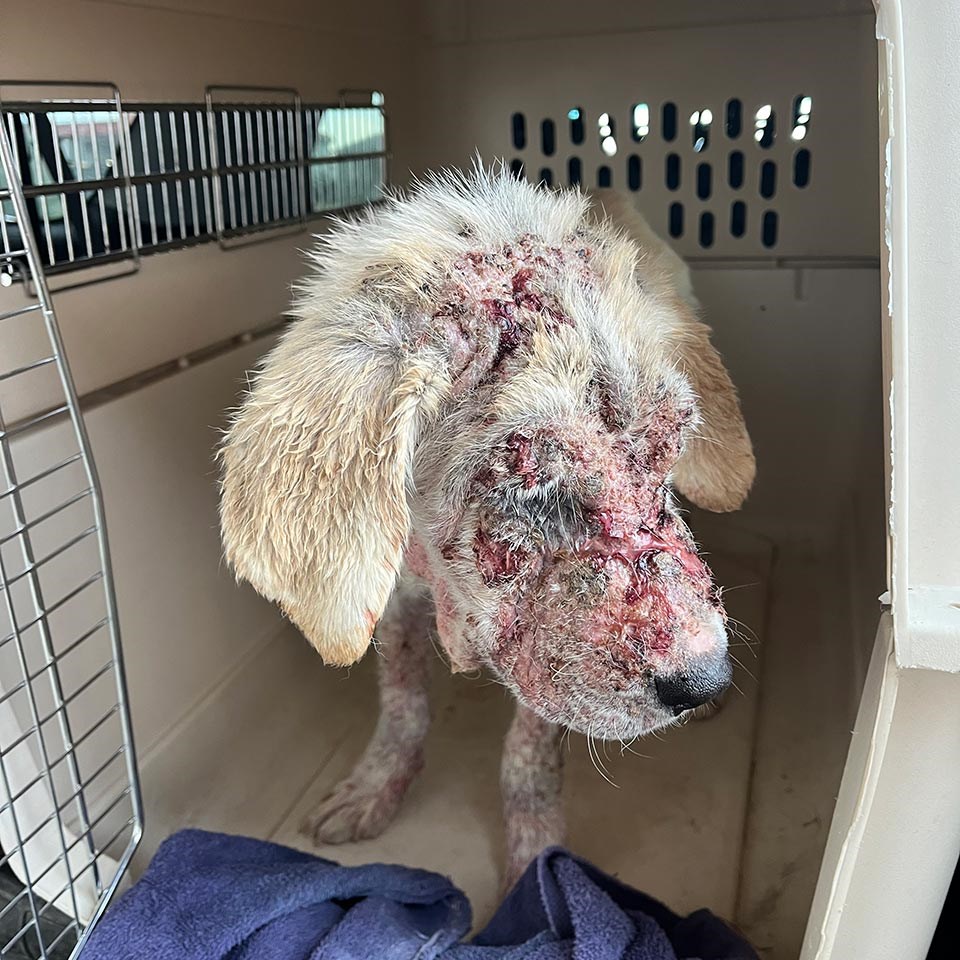Second Chance Animal Rescue (SCARS) is a non-profit organization that has been saving, caring for, fostering, and adopting out animals for several years. Since 2018 alone, SCARS has facilitated 1593 spay/neuter/returns, saved the lives of more than 20,213 animals, and has nearly 500 animals currently in care. This is a vital service that keeps stray populations from overwhelming communities, sees abandoned animals taken care of, and addresses the unnecessary suffering of animals.
SCARS still provides these vital services, but things have changed. A lot.
“We are in the worst animal crisis I have seen in 20 years,” says Sylvia Christensen, SCARS co-founder. “For the first time, we have had to limit our intake and operate on an emergency-only basis. We are no longer taking in animals unless they are in critical condition. We are at capacity – and have been for a long time.”
What is driving this?
Sylvia explains, “It’s not just our facility. This is an issue at shelters across Alberta. The reasons are a combination of factors underscored by the fact that the cost of everything has gone up.”
The domino effect is that while costs are up, fewer families have the means to adopt an animal, or even foster one. For families that have pets, an alarming amount of those pets are being dumped at shelters or simply abandoned. Vet care such as vaccinations and medications are not being taken care of, leading to medical issues that further lead to pet abandonment. Complicating this is the lack of vets in Alberta – there are hardly any vets right now north of Edmonton. So, the few in practice are overwhelmed with cases. For everyone involved, pet owners, vets, shelters – rising costs mean trying desperately to do more with less; far, far less.
“Our vet partners are incredibly busy. Not every case can be seen,” Sylvia says. “Our in-house vet bills are up 15 per cent. The cost of care per animal in general is up 30 per cent. We spend on average $733 per animal in our care. Remember, we do not make money doing this. We do not generate profits.”
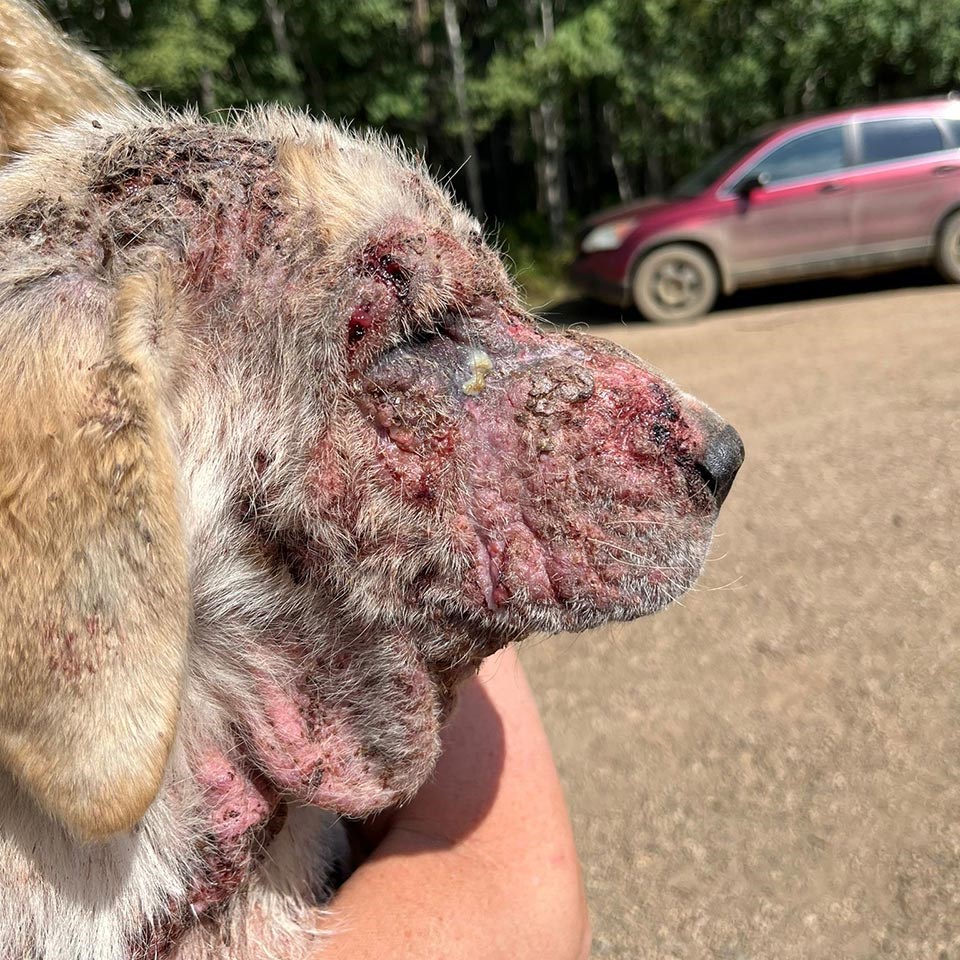
For Sylvia and the SCARS team, seeing innocent animals dumped is heartbreaking.
“I cannot even express how bad it is,” she shares of the practice that is usually done away from prying public eyes. “It has gotten so bad; people are dumping animals everywhere. We actually have puppies growing to adulthood in our care. That never used to happen as they typically would be adopted by eight weeks old. Nobody can keep up, but the public gets very upset when we appear to ‘not be helping.’”
That public perception is dead wrong. SCARS has been a vital part of the communities it serves for many years, using fundraisers, donations, and sponsorships to cover costs. To be blamed for pet owners acting irresponsibly is a strain on the organization that is giving their heart, dollars, time, and energy 24/7 right now to save as many animals as possible – whether those animals have been rescued or abandoned.
The simple fact is, you can help. You can make an incredible difference. You can be an actual hero in the wake of this crisis. How? Sylvia is happy to explain.
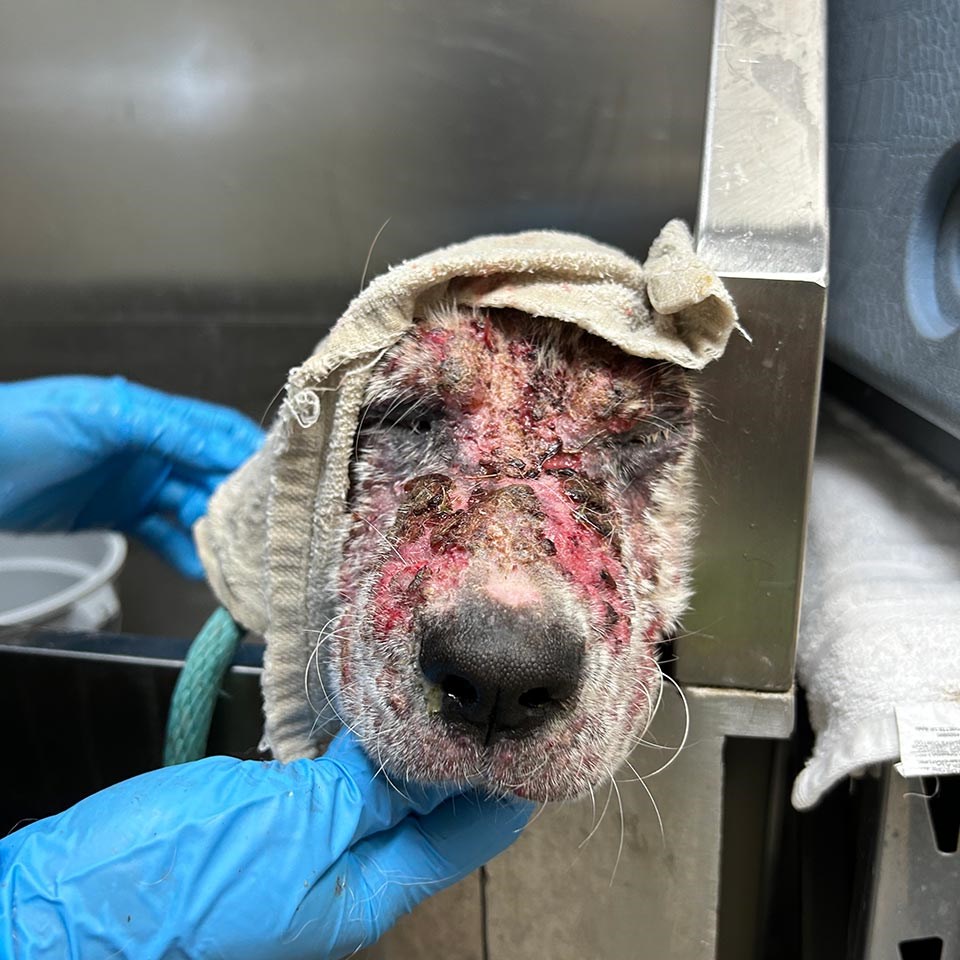
“Spay and neuter your pets. This is vital in controlling the population and keeping unwanted animals from being turned loose. Adopt rescues from professional shelters. Don’t buy dogs from online sales sites and unregistered breeders (registered breeders are fine).
“Donate. With nearly 500 animals in our care and donations of pet food and supplies down, we are spending $4,000 a month on food alone. We are driving all over Northern Alberta to rescue animals, self-funding costs of gas and vehicle maintenance. Our monthly vet bills are now $80,000+. Yes, that much per month. We spent $950,000 on vet care last year alone and with our limited capacity, that was largely for emergency vet care. It is over $6,000 alone to help a puppy with parvo, which is a serious and contagious virus. Parvo can be prevented with simple vaccination, which is far more affordable for pet owners than the alternative.”
SCARS understands that costs are a concern for everyone right now, but failing to do the responsible things as pet owners, such as vet appointments, vaccinations, or defraying costs with pet insurance or a pet fund in your budget and expecting shelters to pick up the slack is not the solution.
“Pets are not perfect,” Sylvia stresses, “and they certainly are not disposable. Owners must realize that pets require training, vet care, and housing indoors or out to keep them safe. In addition to the animals being dumped – including cats, which people are abandoning at an even higher rate than dogs right now – we are averaging 50 calls a day from people wanting to surrender their pets for the flimsiest reasons.”
They can no longer take them all.
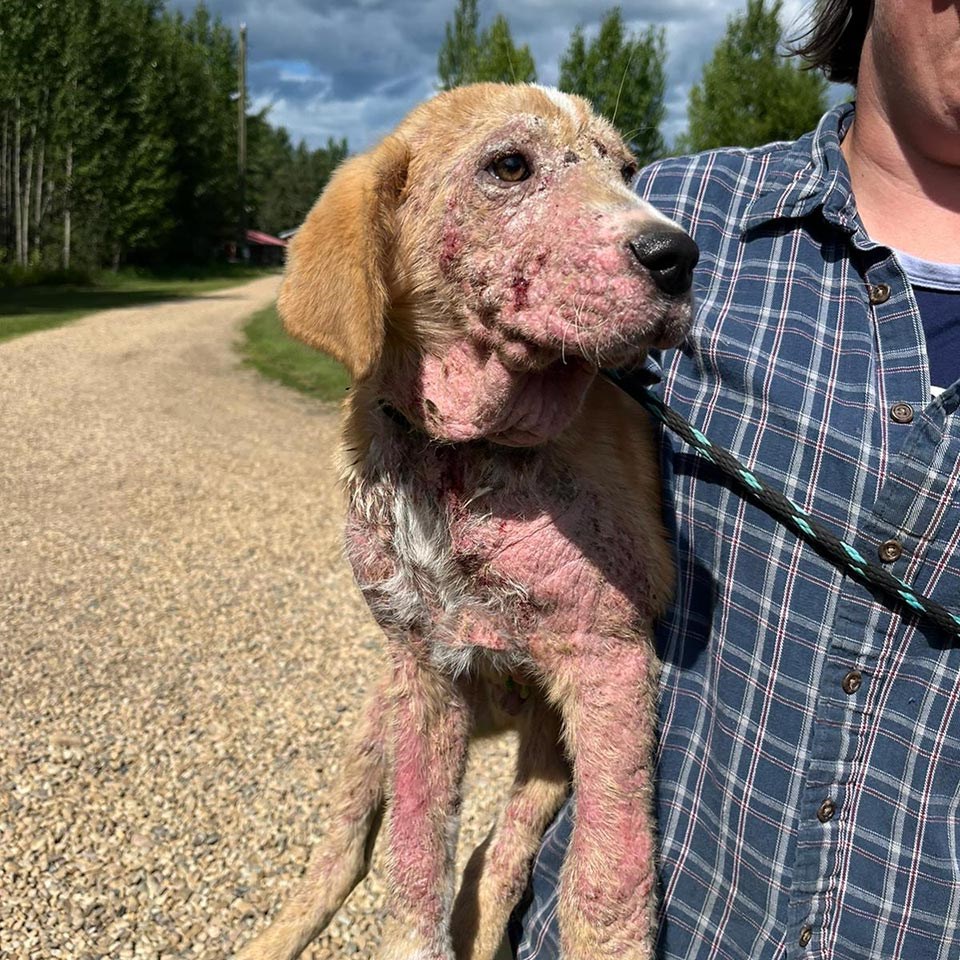
“We understand the public’s frustration, but we are beyond capacity in every aspect from space to money to time to resources. We are desperately trying to fix this only to have been broadsided with the additional complications of the wildfires. The government appeals to shelters like us to take in house pet evacuees and we do – we took in 84 last year. However, there is no government funding to fulfill those requests. We bear the costs and time 24/7.”
To put this in perspective, imagine you get a call from extended family members that you need to take in three large dogs, a puppy and two cats. It’s the middle of the night, but you need to go and pick them up right away. You say you’ll take the dogs because that is all you have space and funds for. No money or supplies are provided by your extended family. Two days later as you are adjusting to the dogs, you hear the doorbell. The cats and puppy have been dumped on your doorstep. The puppy is desperately ill and needs emergency vet care. You call your extended family for funds or to take the dumped animals back. They ghost you and the ones that don’t berate you.
This is what SCARS and every other shelter in Alberta is facing right now. And it is unsustainable.
The work SCARS, shelters, and humane societies across the province do seems behind the scenes – until it is not. If you have never lived in proximity to a feral cat community or dealt with packs of aggressive stray dogs, thank the shelters in your area. If you have not had to put down a beloved family pet when their senior owners passed on, thank the shelters in your area. If you have seen temporary cat houses outdoors during the coldest days of winter, thank the shelters in your area. If you have used the spay/neuter/return program, thank the shelters in your area.
SCARS has supported the community quietly for years. It is time for us all to give back. The organization has always been very thankful for its donors, fundraiser event attendees, sponsors, and volunteers. You are all needed now, more than ever.
What would you do in a crisis situation? Many want to help. Now you can.
Click here to help. Every amount matters. SCARS and the animals you helping to save thank you.
